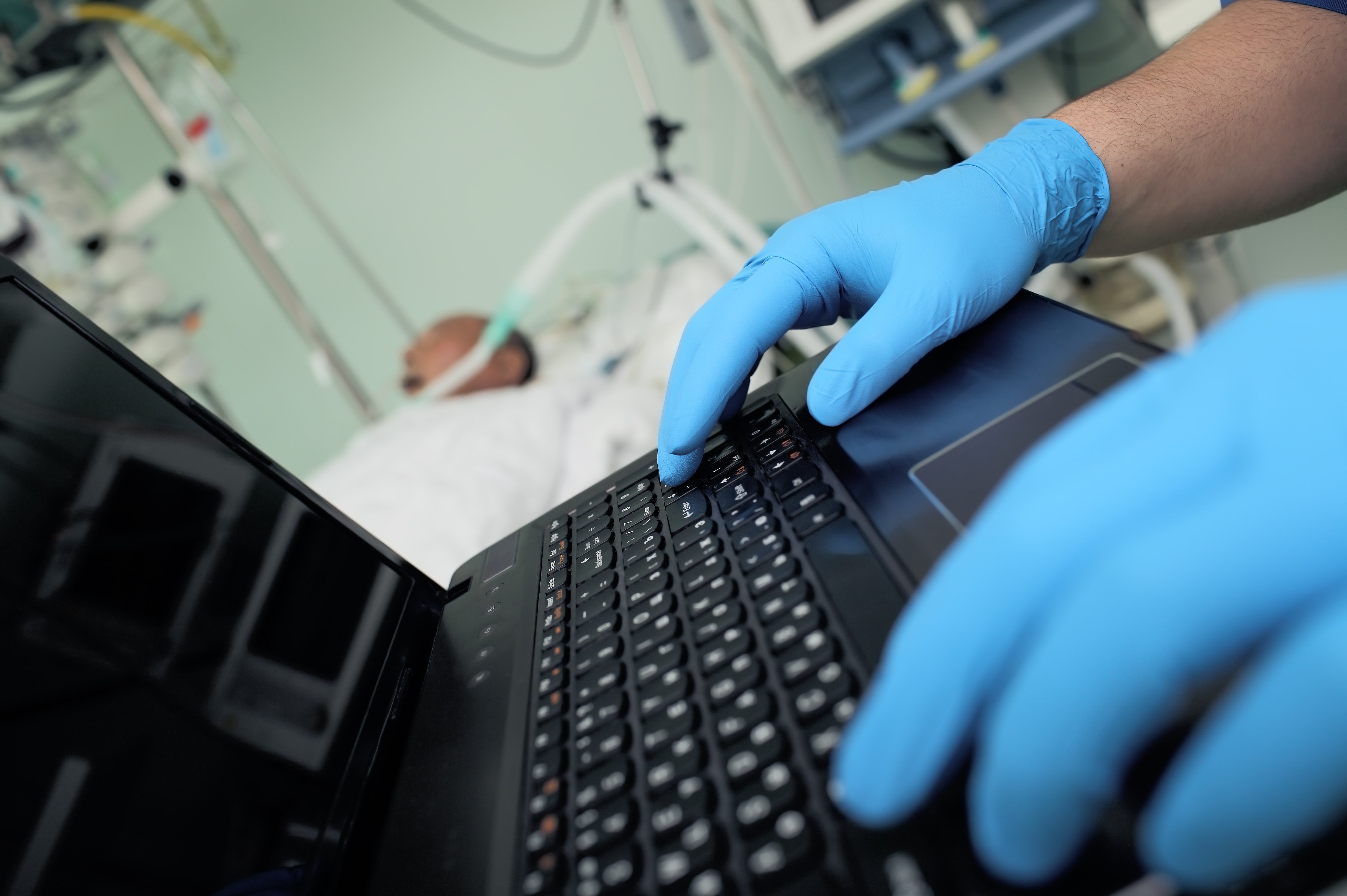
(Vienna, 11 September 2023) Which examination method should be used at which point in time, and from which treatment will a specific patient benefit most? Clinical decision paths help to integrate new scientific findings into patient care as quickly as possible. A three-year project at MedUni Vienna's Department of Emergency Medicine, funded by the Austrian Research Promotion Agency (FFG), aims to make locally available, concrete medical knowledge available for digitalized treatment processes. The funding, which amounts to a seven-figure sum over three years, is provided as part of the FFG Basis Program, a program for joint projects between academic and industrial partners.
In the project entitled "Digitization of medical knowledge as a basis for intelligent solutions for hemato-oncology and emergency medicine", the Department of Emergency Medicine at MedUni Vienna is contributing its extensive content expertise to the project on the one hand. On the other hand, the research is in the broader context of initiatives in the dawning age of digital medicine. Existing medical information is being digitally merged and made interpretable. Thus, science-based medicine can be made individually usable for the respective patients.
MedUni Vienna's project partners are the Viennese MedTech startup Treetop Medical and the University of Applied Sciences Upper Austria (Medical Technology Department). "How can clinical decisions be made quickly and informed? How can it be ensured that patients receive care in the right place at the right time? These questions are central elements of emergency medicine," explains Dominik Roth, head of the Clinical Pathways research area at the Department of Emergency Medicine at MedUni Vienna. "Modeling concrete knowledge is the prerequisite for AI-supported healthcare services and sustainable digitization of medicine," says Michael Roiss, CEO of Treetop Medical and a physician himself.
In the project now being financed, the experts are working together to make medical treatment paths, which are currently often available in unstructured form, digitally accessible. Medical expertise can thus be supported in the best possible way by AI-based systems. Ultimately, this relief will allow more time for direct contact between patients and physicians.